Introduction to Chemical Injection Fittings
Chemical injection plays a pivotal role in modern industries. It ensures precision in processes ranging from oil recovery to pharmaceutical manufacturing. By injecting specific chemicals in controlled amounts, industries enhance product quality and process efficiency. This essential technique also aids in maintaining equipment longevity and operational safety.
Turning our focus to chemical injection fittings, these components are critical for the effective delivery of chemicals. They connect source tanks and injection points seamlessly, ensuring a smooth, controllable flow. The right fittings not only boost system efficiency but also prevent leaks and chemical waste. They serve as the backbone of any chemical injection system, optimizing both performance and safety. Understanding their role and functionality helps industries maximize outcomes and maintain stringent standards.
Understanding Chemical Injection Fittings
Chemical injection fittings are specialized components that connect fluid delivery systems to their injection points. Their primary function is to ensure the precise and controlled delivery of chemicals into a system. These fittings regulate the flow rate and prevent backflow, which helps maintain the consistency and effectiveness of the chemical injection process. Their robust design also protects the system from potential damage due to chemical exposure, making them indispensable in maintaining operational integrity and efficiency.
There is a variety of chemical injection fittings available, each tailored for specific applications and environments. Needle valves are common for precise flow control, especially in low-flow scenarios. Check valves play a crucial role in preventing the reverse flow of fluids, thus protecting the integrity of the injection process. On the other hand, quill fittings extend into the flow stream to ensure thorough mixing of chemicals. Each type has its unique features and is chosen based on the specific requirements of the application, whether it’s dealing with high-pressure conditions or requiring precise dosing capabilities.
The materials used in manufacturing chemical injection fittings are selected based on their ability to withstand harsh chemicals and extreme environments. Stainless steel is widely favored for its excellent corrosion resistance and strength, making it suitable for most industrial applications. For more aggressive environments, materials like Hastelloy or titanium may be used due to their superior resistance to corrosion and high temperatures. Additionally, Teflon and other polymers are often chosen for applications requiring lower weight and good chemical resistance. The choice of material affects the fitting’s durability, performance, and suitability for the application, which is critical for ensuring long-term reliability and safety.
Selection Model of Chemical Injection Fittings
| Model | |||||||||||||||
| ECP | Electrical Resistance Probes | ||||||||||||||
| -Code | Plug | ||||||||||||||
| Type | Material | Sealing material | |||||||||||||
| 0 | Not Required | 0 | Carbon steel | 0 | Not Required | ||||||||||
| 1 | Hollow plug | 1 | 316 stainless steel | 1 | Fluorine rubber sealing ring/PTFE main seal | ||||||||||
| 2 | 316L stainless steel | 2 | HNBR | ||||||||||||
| 3 | F51 duplex stainless steel | ||||||||||||||
| Pxxx | 4 | INCONEL nickel based alloy | |||||||||||||
| -Code | Temperature and pressure gauge assembly | ||||||||||||||
| Txxx | Connection size | Body material | Temperature and pressure gauge material | ||||||||||||
| 0 | Not Required | 0 | 304 stainless steel | 0 | Not Required | ||||||||||
| 1 | 1/2″ | 1 | 316 stainless steel | 1 | 304 stainless steel | ||||||||||
| 2 | 3/4″ | 2 | 316L stainless steel | 2 | 316 stainless steel | ||||||||||
| 3 | F51 duplex stainless steel | ||||||||||||||
| -Code | Probe assembly | ||||||||||||||
| Dxx | Connection size | Body material | Pipeline specification (x ″) | ||||||||||||
| 0 | Not Required | 0 | Carbon steel | Probe length varies with pipeline specifications | |||||||||||
| ‐Lx″ | 1 | 1/4″ | 1 | 304 stainless steel | |||||||||||
| 2 | 1/2″ | 2 | 304L stainless steel | ||||||||||||
| 3 | 316 stainless steel | ||||||||||||||
| 4 | 316L stainless steel | ||||||||||||||
| 5 | F51 duplex stainless steel | ||||||||||||||
| Example: ECP-P121-T021-D02-L6 “ | |||||||||||||||
| ECP: resistance probe assembly; | |||||||||||||||
| P121: The hollow plug is made of 316L, with fluoro rubber ring and PTFE main seal; | |||||||||||||||
| T201: The size of the temperature and pressure gauge assembly connector is 3/4″, and is made of 304 stainless steel. The temperature and pressure gauge is made of 304 stainless steel; | |||||||||||||||
| D02: The probe connection size is not required, and the probe body is made of 316L stainless steel; | |||||||||||||||
| L6″: The probe length is suitable for a 6″ pipeline. | |||||||||||||||
Design Features
Design features of chemical injection fittings greatly enhance system performance and reliability. Key features include precision machining and tight seals which prevent leaks and ensure accurate chemical dosing. Additionally, many fittings incorporate adjustable flow rates, allowing operators to tailor the injection volume to specific needs, optimizing chemical usage and system efficiency. Advanced models also include anti-corrosion coatings that extend the life of the fittings, even in harsh environments. Together, these design elements ensure that chemical injection systems operate at peak performance, minimizing maintenance needs and enhancing overall system reliability.
Applications of Chemical Injection Fittings
Oil and Gas Industry
In the oil and gas industry, chemical injection fittings play a crucial role in both extraction and processing phases. They ensure the precise delivery of inhibitors that prevent corrosion in pipelines and equipment. Additionally, they help in the accurate dosing of demulsifiers that separate oil from water, enhancing the efficiency of oil recovery operations. These fittings are fundamental in maintaining the integrity and efficiency of the entire extraction and processing system.
Water Treatment Facilities
Chemical injection fittings are vital in water treatment facilities, where they facilitate the purification and disinfection processes. They enable the precise injection of chlorine and other disinfectants that kill harmful pathogens and bacteria, ensuring safe drinking water. These fittings also help in the accurate dosing of coagulants used in water clarification, which is crucial for maintaining the clarity and quality of the water.
Pharmaceutical Manufacturing
In pharmaceutical manufacturing, the precision offered by chemical injection fittings is indispensable. They allow for exact dosing of ingredients in drug formulations, ensuring product consistency and efficacy. This precision is critical to meeting stringent regulatory standards and safeguarding patient safety. The reliable performance of these fittings supports the complex and highly controlled pharmaceutical production processes.
Agriculture
In agriculture, chemical injection fittings enhance crop protection and fertilization by allowing for the precise application of pesticides and fertilizers. This targeted application not only improves crop yield but also minimizes environmental impact by reducing runoff and waste. These fittings ensure that nutrients and protective chemicals are delivered effectively to promote optimal plant health and productivity.


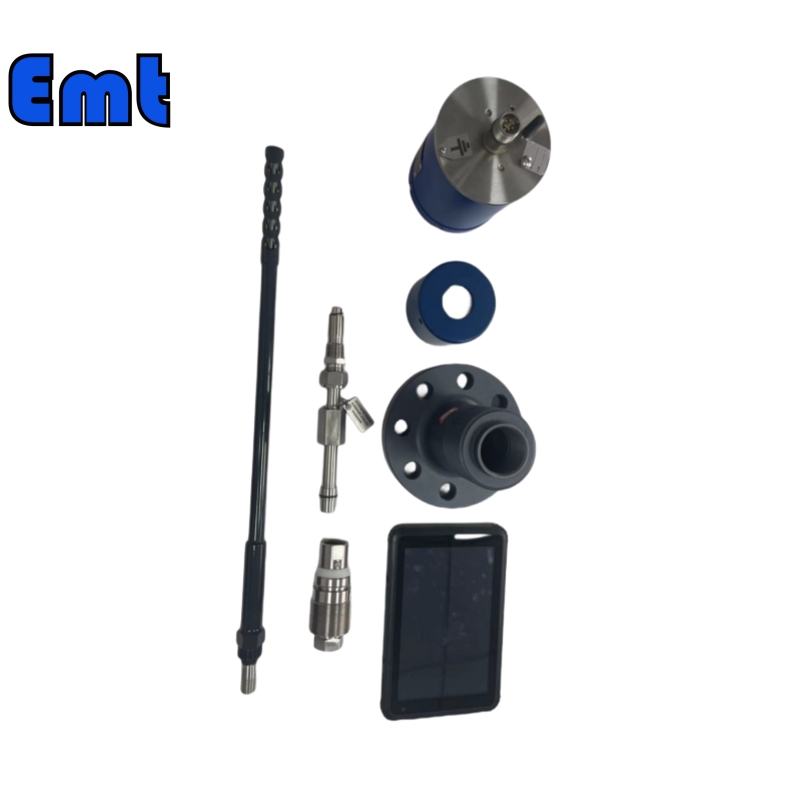

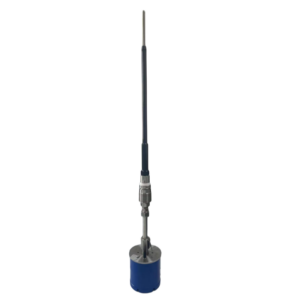
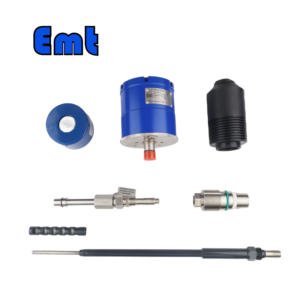
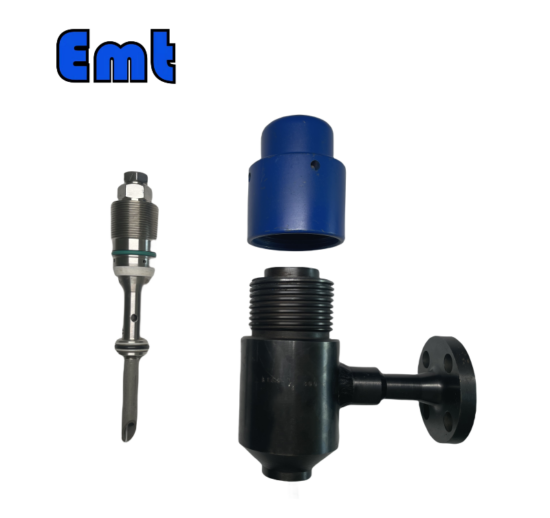
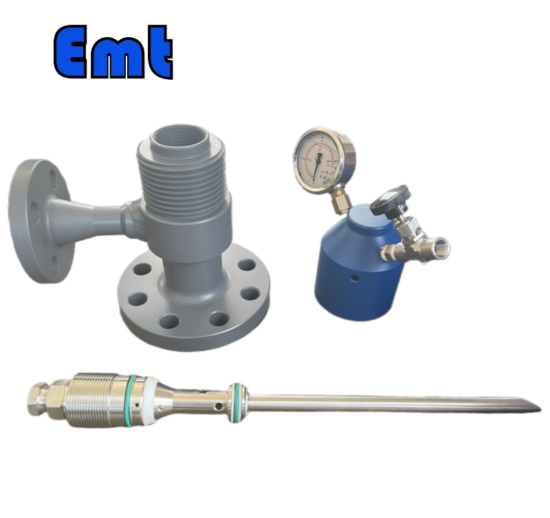
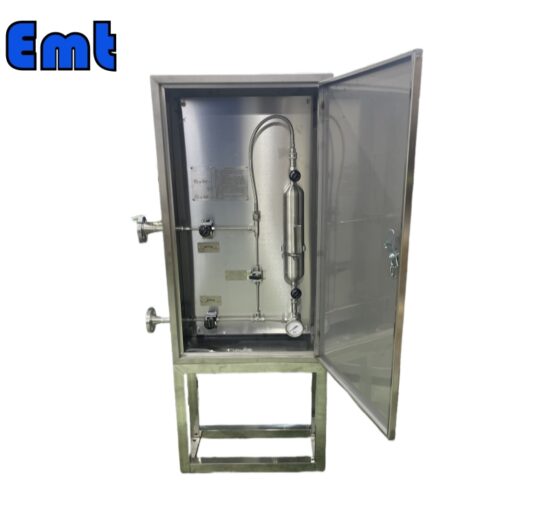
There are no reviews yet.